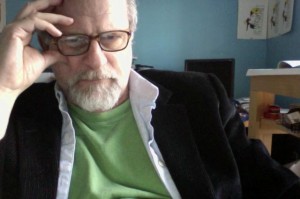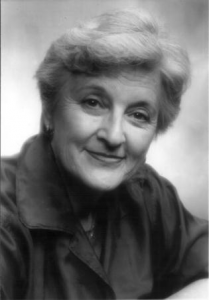 Guest post
Guest post
by Shaun McLaughlin
In August, my first novel, Counter Currents, won a silver medal in a modest competition, Dan Poytner’s Global Ebook Awards. (Hold the applause, thanks.) My ephemeral joy at the news rapidly dissipated, replaced by a raging internal debate between Mr. Modesty and Squire Bravado. Can I now call myself an award-winning novelist?
Mr. Modesty sternly notes that the book took second place in a field of ten books in the subcategory of historical fiction. Further, it required a $75 entry fee. Squire Bravado says numbers don’t count—peer recognition does. Senior Bravado points out that the Pulitzer Prize for fiction requires a $50 entry fee.
Unable to resolve this philosophical enigma and sore from banging my head on my desk, I decided to interview real award-winning authors for advice. Out flew requests for a virtual interview.
Many authors just ignored my email, which Mr. Modesty was quick to point out is all the answer I really need. Squire Bravado countered that the three who did respond represented a stellar bunch with global reach. I have to agree.
Representing the United States is Indies Unlimited’s upbeat co-administrator and author Kat Brooks. From the United Kingdom, please welcome novelist and blogger Carol Wyer, an Indies Unlimited contributor. Representing the entire southern hemisphere is award-winning author and Awesome Indies administrator, Tahlia Newland from Australia.
I asked three questions. Continue reading “Accepting the Award…”



